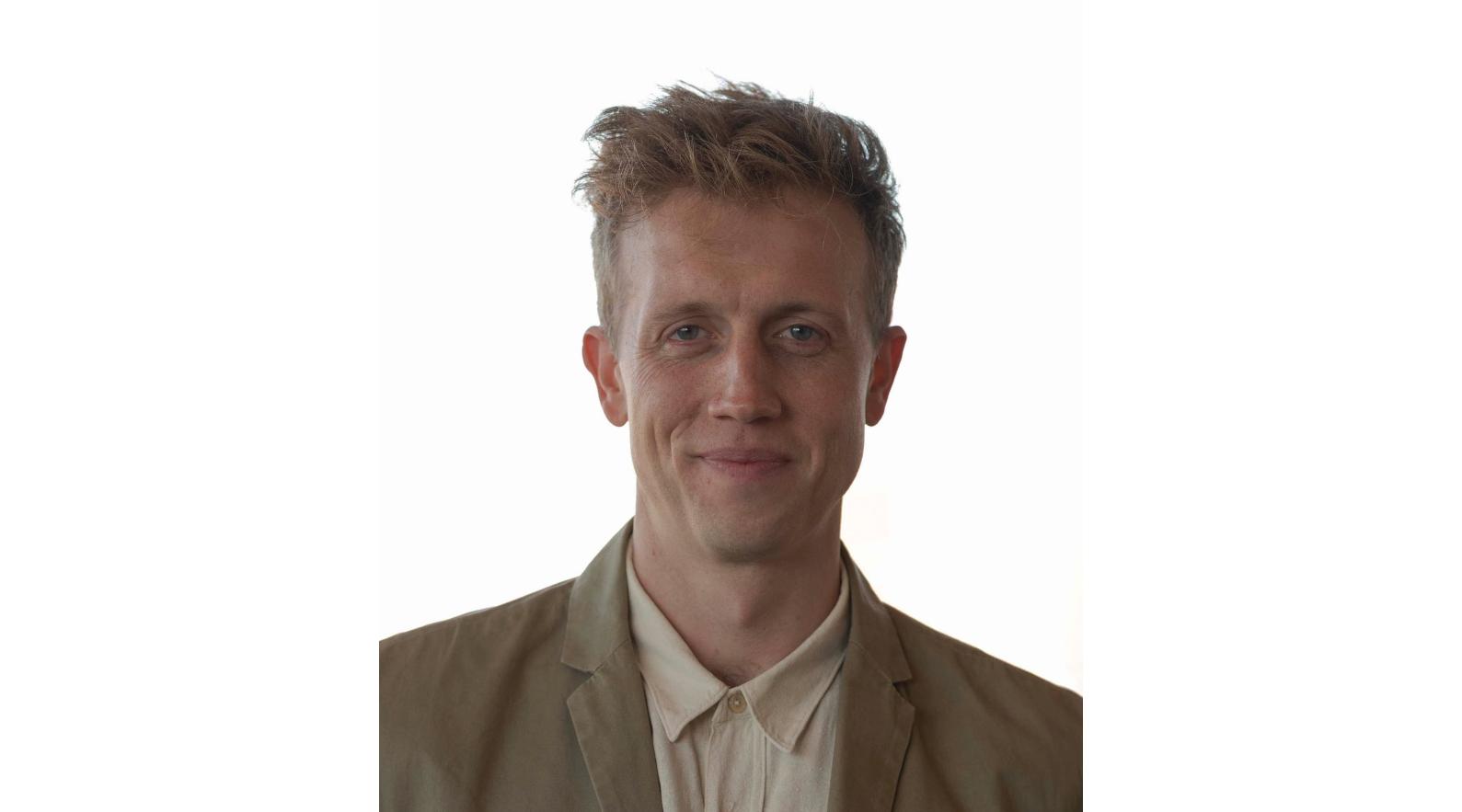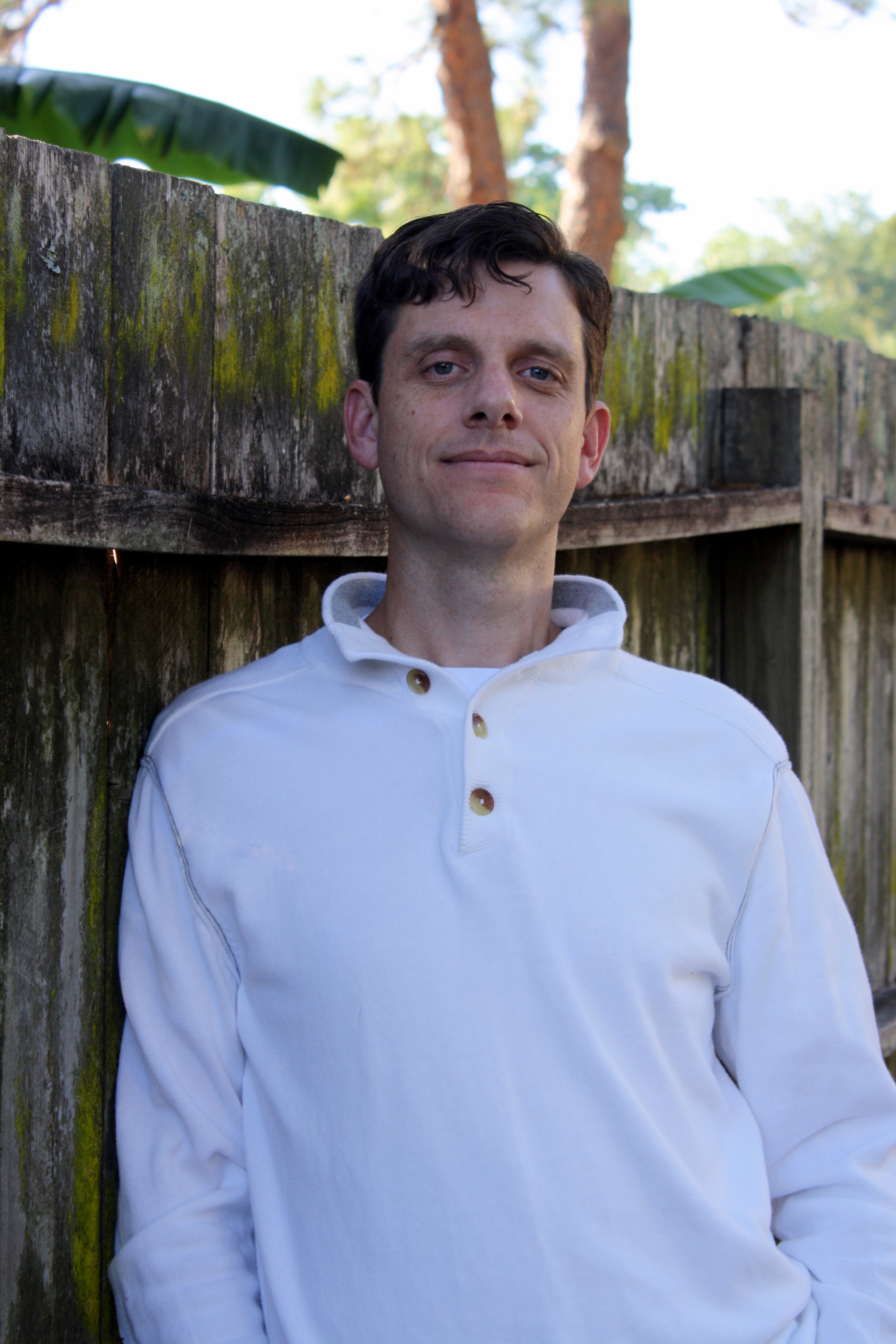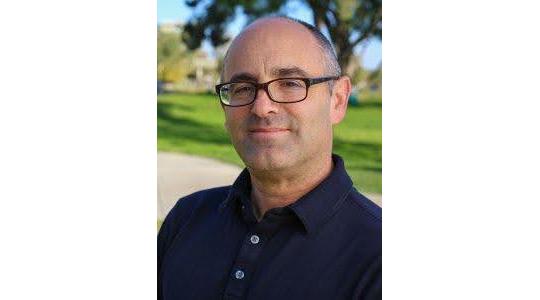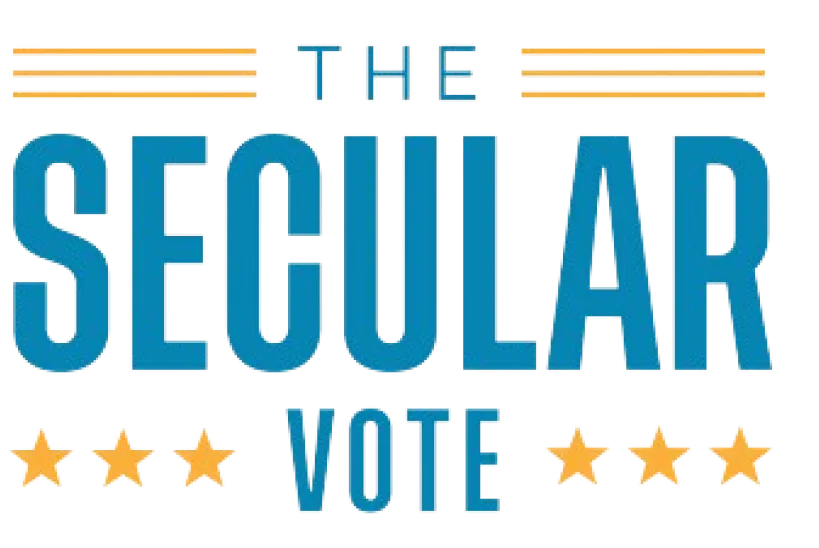
Evan Stewart is an assistant professor of sociology at University of Massachusetts Boston. His research focuses on the social forces that bring diverse groups together and break them apart, including civic engagement, religious change, and public opinion. This work has appeared in social science journals including American Sociological Review, Social Forces, Social Problems, and Sociological Theory, among other outlets. He is also an associate editor at the journal Sociology of Religion.
Evan has held fellowships with the Public Religion Research Institute and the Social Science Research Council. His research has also been featured at media outlets including WBUR Boston, The Conversation, Washington Post’s Monkey Cage, and FiveThirtyEight.
He earned a Ph.D. in Sociology from the University of Minnesota, where I worked as an Edelstein Fellow with the American Mosaic Project and an Interdisciplinary Doctoral Fellow with the Center for the Study of Political Psychology. He also holds an M.A. in Sociology from UMN and a B.A. in Political Theory and Social Policy from Michigan State University’s James Madison College.
Areas of Expertise:
Sociology of religion, religious disaffiliation, spirituality, public opinion research, civic engagement, political behavior









